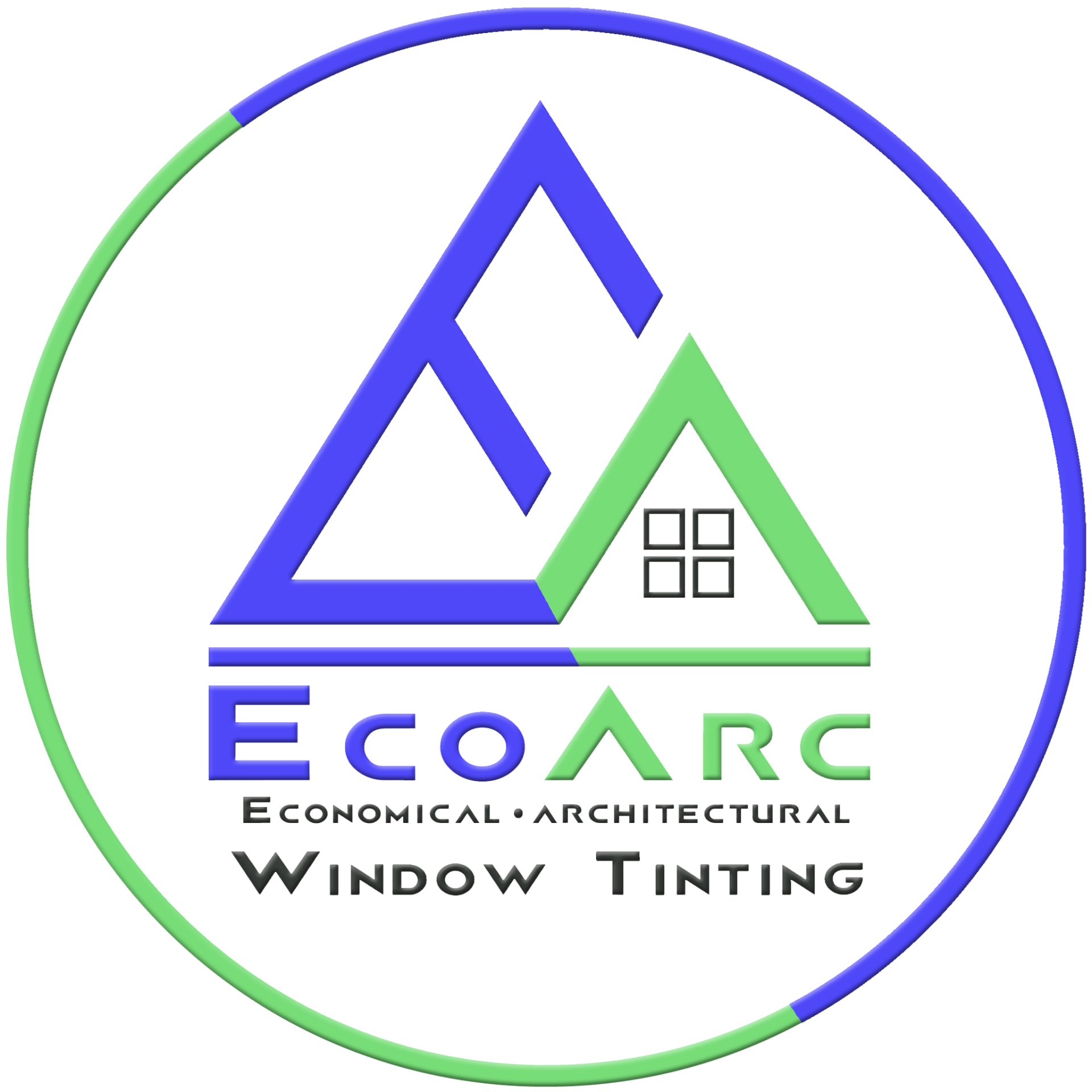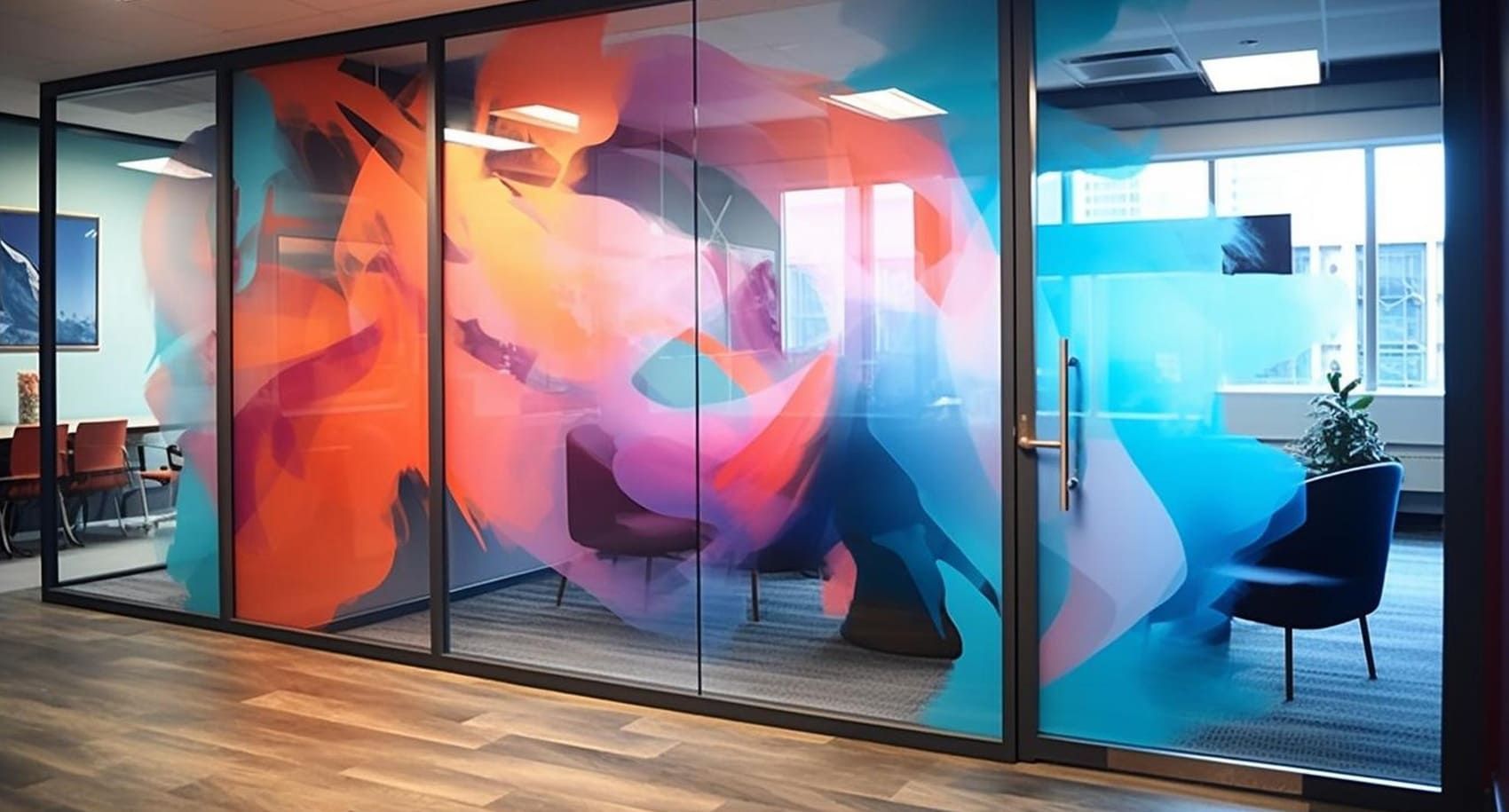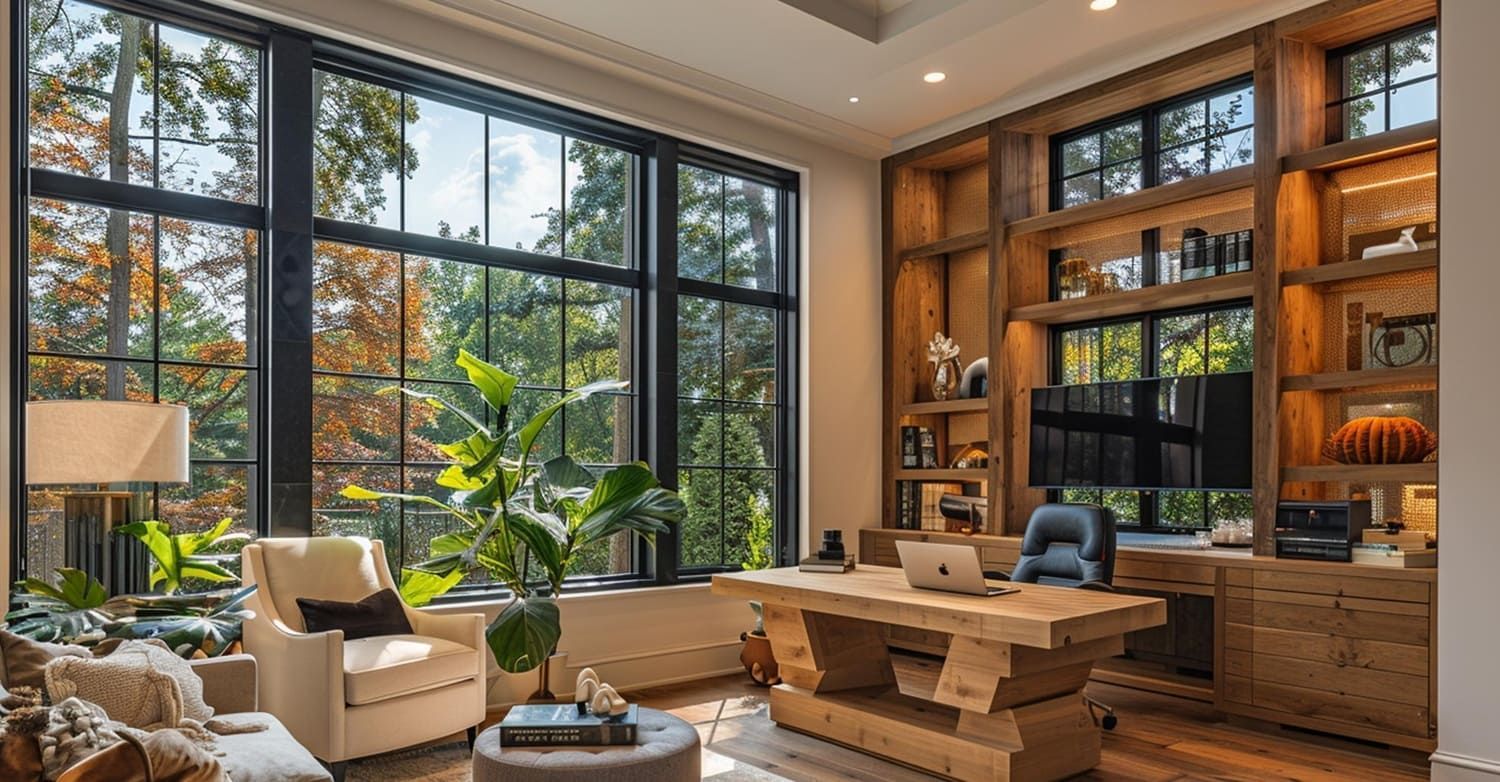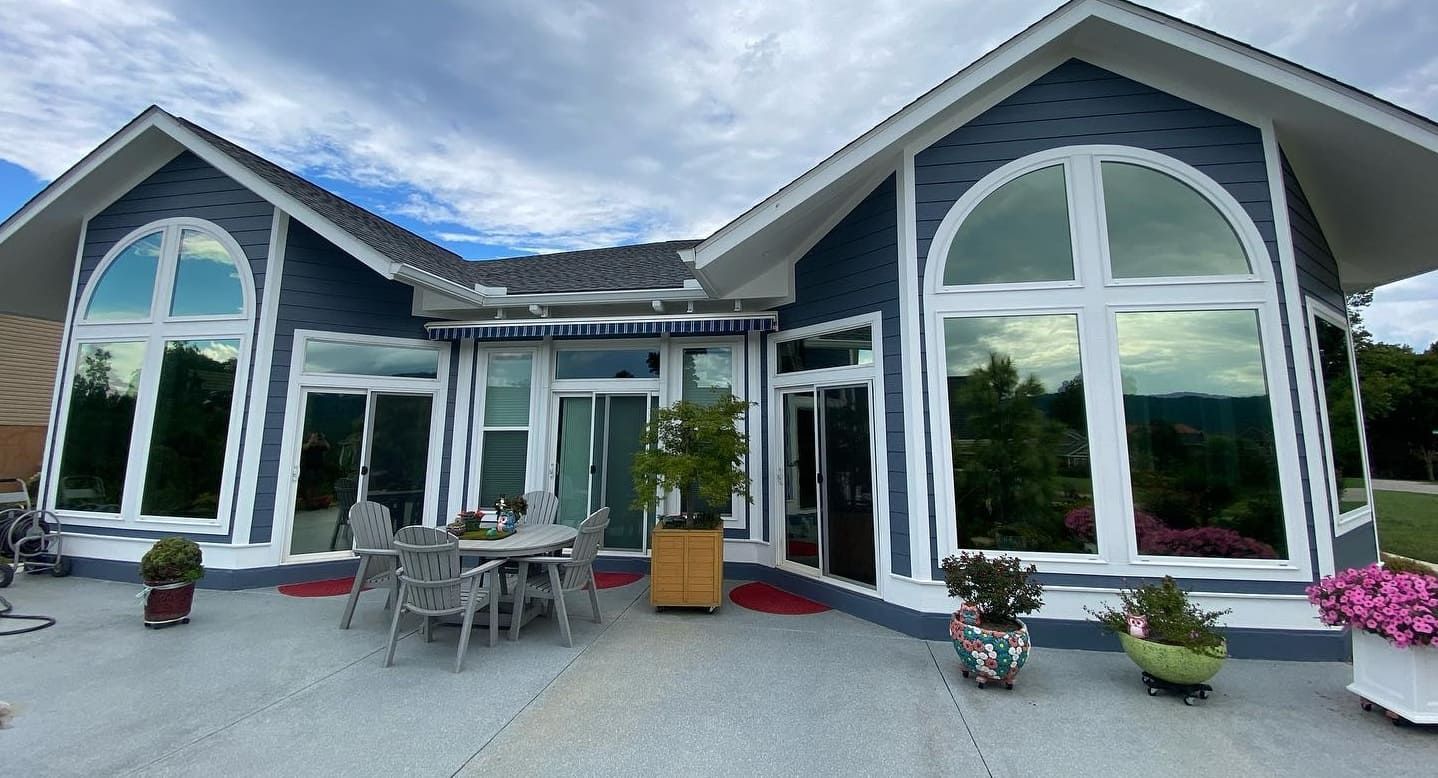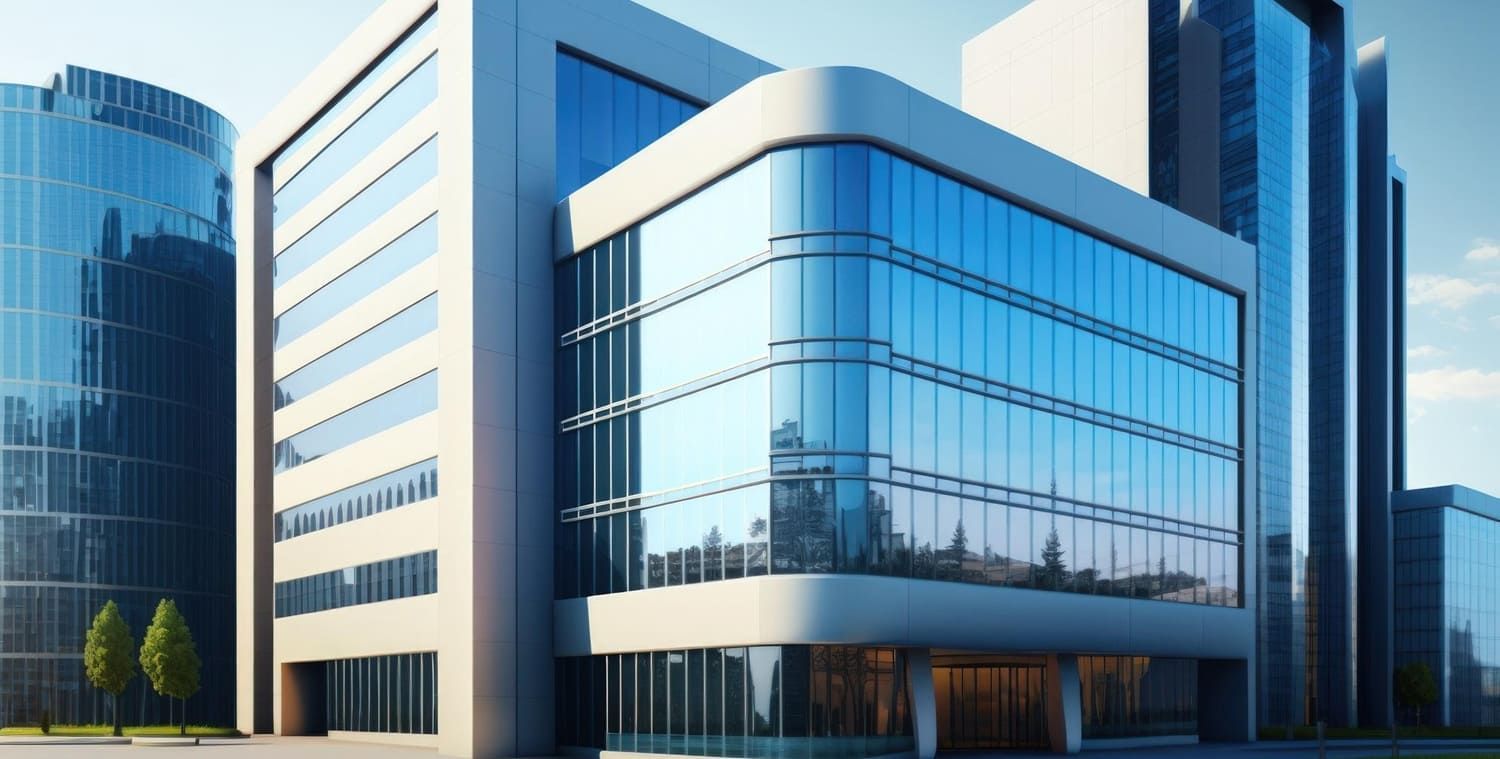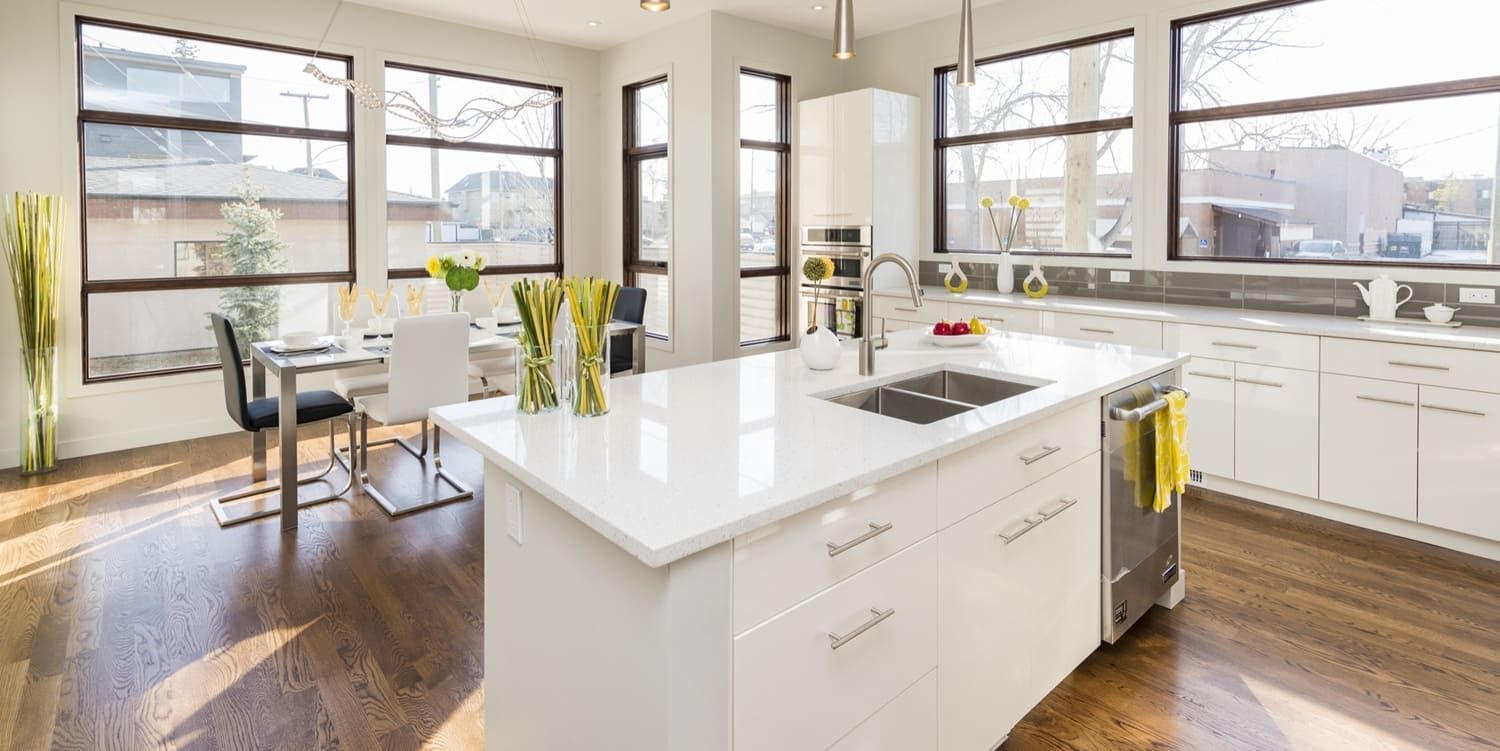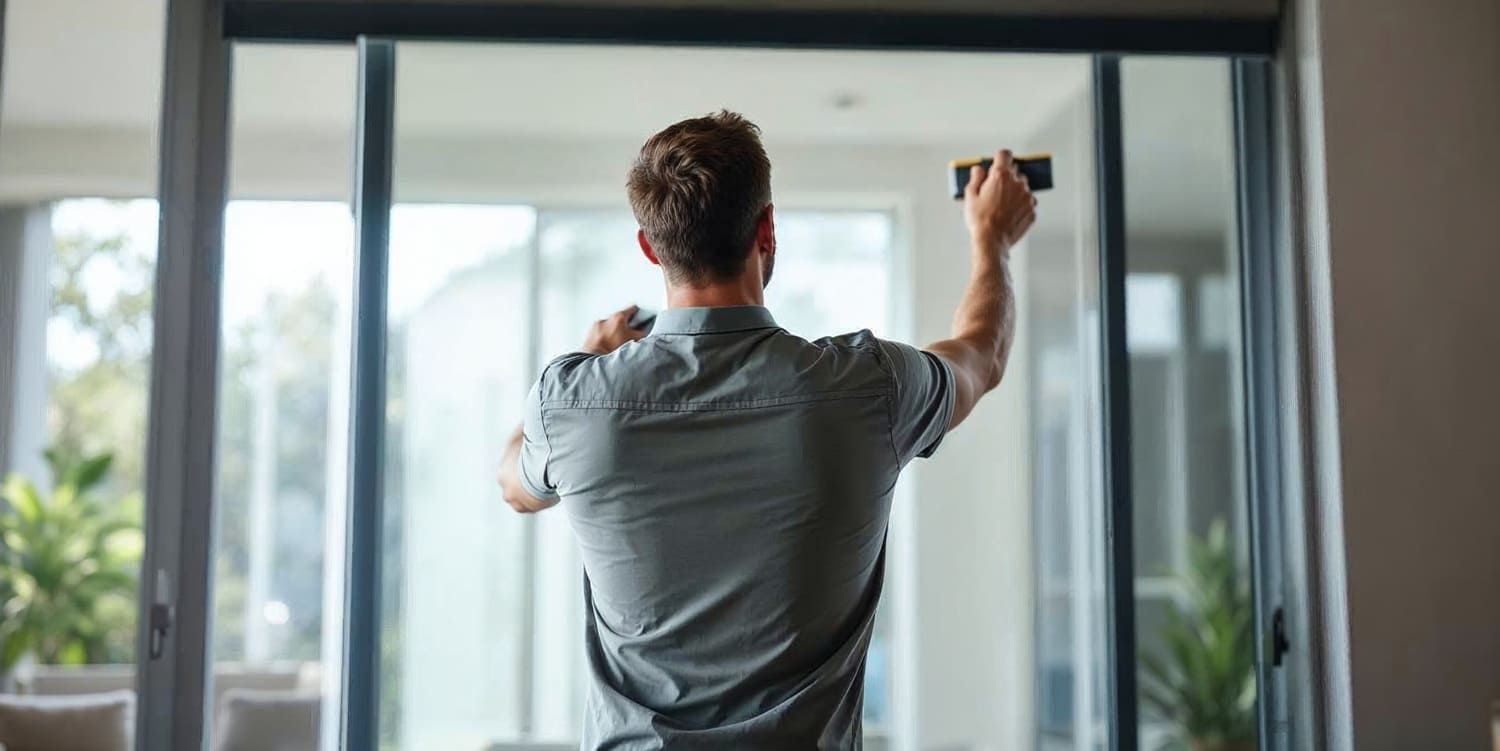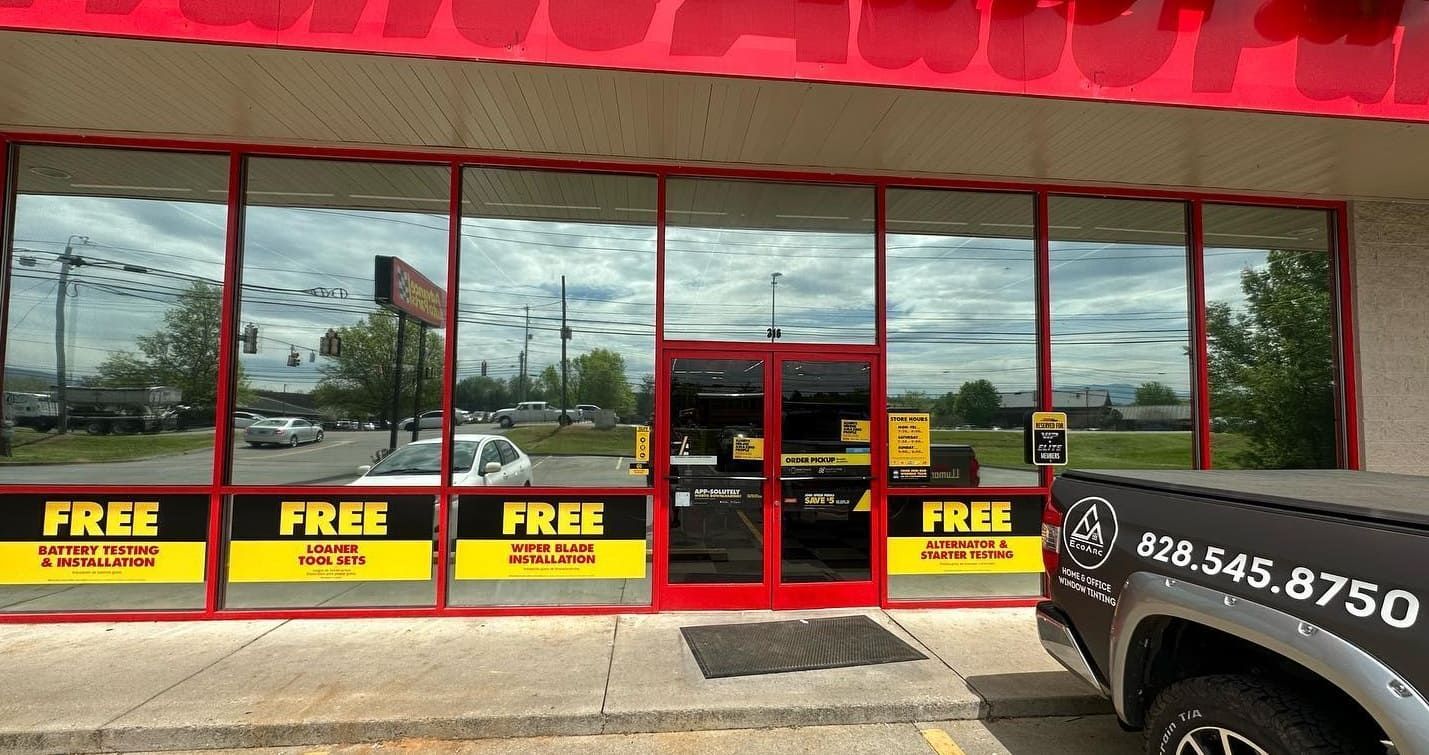The Best Types of Window Film for UV Protection
Window film UV protection is a smart choice for anyone looking to shield their interiors from harmful rays. These films can block up to 99% of UV rays, protecting your furniture and skin.
UV window films are not just about protection; they also enhance energy efficiency. By reducing heat gain, solar window films help maintain a comfortable indoor temperature.
There are various types of window films available, each offering unique benefits. From dyed to ceramic, each type serves different needs and preferences.
Choosing the right window film can be overwhelming, but understanding their features can simplify the decision. Whether for home, office, or vehicle, there's a perfect film for every window.
In this guide, we'll explore the best types of window films for UV protection. Discover how they work, their benefits, and how to select the ideal one for your needs.
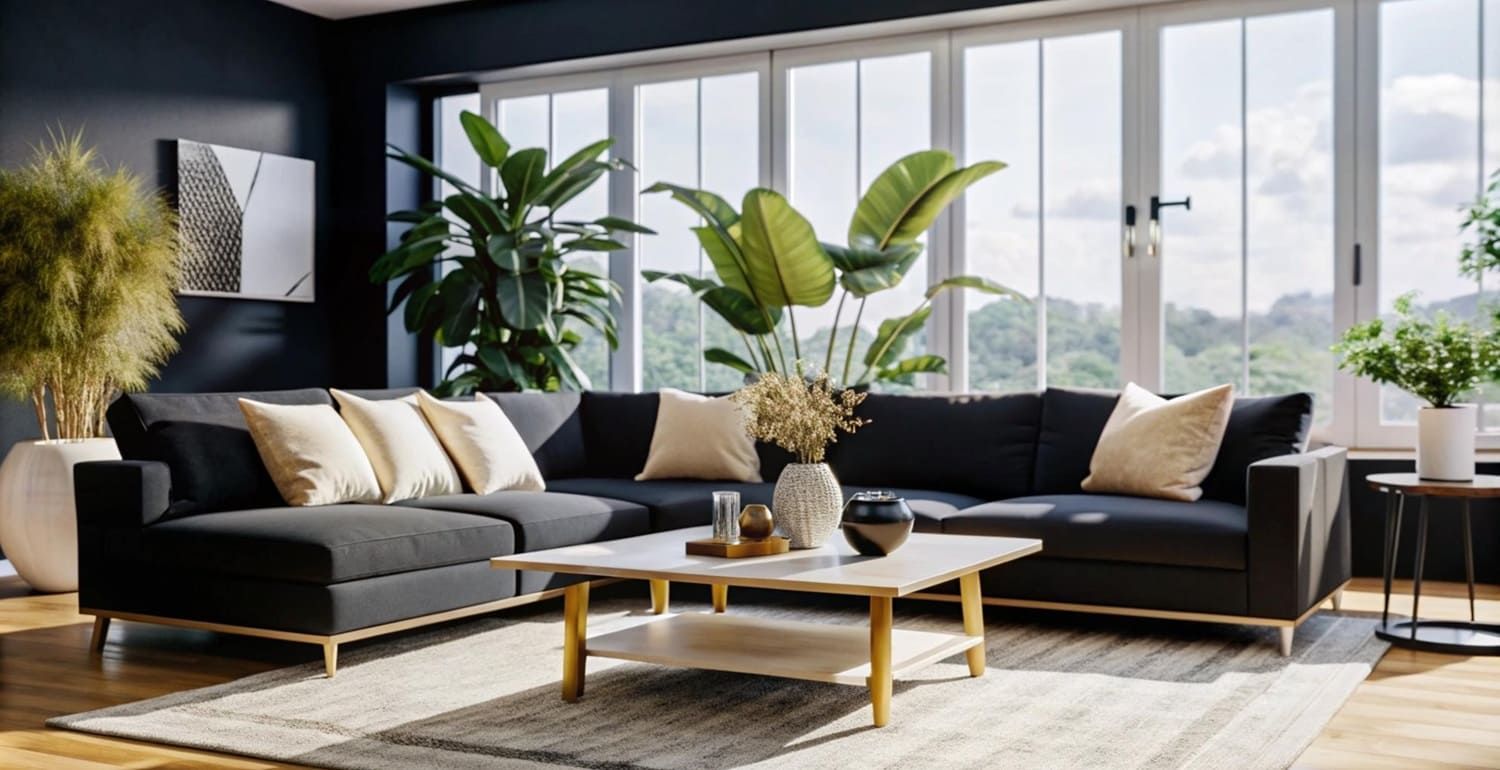
Why UV Protection Matters for Windows
UV radiation can damage interiors, causing colors to fade over time. Your furniture, carpets, and artwork are all at risk without protection.
Harmful UV rays also pose a threat to human health. Prolonged exposure indoors can lead to skin damage, including increased risk of skin cancer.
Not all glass blocks UV rays effectively. Regular windows may only block a fraction of harmful radiation, necessitating additional protection.
Window films offer an easy and cost-effective solution. They provide a protective barrier without compromising natural light. Consider these benefits of UV window films:
- Protects furniture and flooring from fading
- Reduces health risks associated with UV exposure
- Prevents glare and screen reflections
By investing in window films, you ensure a safer and more comfortable environment. UV protection is essential for preserving both health and home assets.
How Window Film UV Protection Works
Window films operate as a protective shield, integrating advanced materials to block UV rays. Typically, they consist of multiple layers designed for various functions. These layers include UV inhibitors, adhesive, and protective coatings.
The films absorb or reflect UV radiation. By reducing the UV transmission, they prevent interior damage while allowing visible light to pass through.
Benefits of UV window film involve:
- Reducing UV transmission by up to 99%
- Maintaining clear views without tinting
- Reflecting solar heat for better energy efficiency
Their structure enhances not only UV blocking but also comfort and efficiency. By selecting the right film, you effectively manage the sun's impact on your indoor environment. Overall, UV window films are a smart addition for any home or business.
Main Types of Window Film for UV Protection
Choosing the right window film involves understanding the different types available. Each type serves specific needs and offers unique advantages. The most common types include dyed, metalized, and ceramic films.
Dyed films are known for their cost-effectiveness. They provide decent UV protection while maintaining affordability. On the other hand, metalized films offer superior heat rejection, making them ideal for hot climates.
Ceramic films, though usually more expensive, provide exceptional clarity and UV protection without affecting window visibility. Additionally, there are decorative and specialty films that blend style with function.
Here are key benefits of different films:
- Dyed: Affordable, reduces glare
- Metalized: High heat rejection, durable
- Ceramic: Clarity, high UV protection
- Decorative: Style, privacy
Understanding these differences can help you make a suitable choice for your specific needs.
Dyed Window Film
Dyed window film is a budget-friendly option for UV protection. It uses a dyed layer to absorb solar energy, reducing UV transmission. This type of film is popular for its ease of installation and cost-effectiveness.
It offers several benefits, such as reducing glare and blocking up to 50% of incoming solar heat. While less effective for heat rejection compared to other films, it still provides valuable protection.
Key benefits of dyed window film:
- Cost-effective
- Reduces glare
- Easy to install
Dyed films are perfect for those seeking basic UV protection without a high price tag.
Metalized Window Film
Metalized window film incorporates a thin metallic layer that reflects sunlight. This type of film excels at heat rejection, making it ideal for sunny environments.
Besides blocking UV rays, it significantly reduces heat, lowering air conditioning costs. Its durability ensures a long lifespan, maintaining its effectiveness over time.
Advantages of metalized window film include:
- Excellent heat rejection
- High durability
- UV blocking capabilities
Despite its reflective nature, it can be less desirable for those preferring a natural look due to potential glare on one side.
Ceramic Window Film
Ceramic window films stand out for superior clarity. They use advanced ceramic technology to block UV rays and heat effectively. These films maintain a natural appearance without the mirror-like finish of metalized films.
Ceramic films are perfect for those who value both protection and aesthetics. They are less prone to fading and do not interfere with electronics.
Benefits of ceramic window film:
- High clarity
- Non-reflective appearance
- Superior UV and heat protection
Ceramic films offer an excellent choice for energy efficiency without sacrificing visibility.
Decorative and Specialty UV Window Films
Decorative films provide style alongside UV protection. They feature various patterns and designs to enhance visual appeal while delivering functional benefits.
These films can add privacy and an aesthetic touch to homes or offices. Specialty films, like security or anti-graffiti variants, offer additional benefits like safety and protection from damage.
Advantages of decorative and specialty films:
- Style and design flexibility
- Enhanced privacy
- Additional protective features
Such films are ideal for those looking to marry style with functionality, enhancing both the look and safety of their space.
Benefits of Using UV Window Film
Using UV window film brings several advantages to any space. It provides protection against harmful UV rays. These rays are notorious for causing fading in furniture and flooring. By blocking up to 99% of these rays, window film preserves the integrity of interior décor.
Furthermore, it enhances energy efficiency. Solar films can reduce heat gain, thereby lowering cooling costs. This efficiency contributes to a more comfortable and consistent indoor temperature, making living or working spaces more pleasant.
Window films also improve privacy while allowing natural light to shine through. This balance is ideal for those looking to maintain a sense of openness without compromising on seclusion.
Key benefits of UV window film include:
- Fade protection for furnishings
- Energy savings from reduced heat gain
- Enhanced privacy and visibility
- Glare reduction on screens
Choosing UV window film is an investment in both comfort and long-term protection for your property.
How to Choose the Best Solar Window Film for Your Needs
Selecting the right solar window film can be straightforward if you consider key factors. First, assess the level of UV protection required for your space. High UV exposure areas demand films with superior UV blocking capabilities.
Next, consider the climate where you live. In regions with intense sunlight, solar films that reduce heat gain are vital. Such films boost energy efficiency, often paying for themselves over time.
Additionally, factor in aesthetic preferences and privacy needs. Available in various shades and styles, solar films should fit seamlessly into your décor.
Key considerations include:
- UV blocking capability
- Climate suitability
- Aesthetic and privacy needs
- Budget constraints
By evaluating these aspects, you can select a solar window film that aligns with both functionality and visual appeal. This ensures maximum benefit from your investment.

Installation: DIY vs. Professional
Choosing between DIY and professional installation for your window film largely depends on your comfort and skills. DIY kits are available and can be cost-effective for smaller projects. They often come with tools and instructions, making the process accessible.
However, professional installation can ensure optimal performance. Trained installers typically achieve a flawless finish, reducing risks of bubbles or misalignment. This can be especially crucial for large or complex window setups.
Consider the following when deciding:
- Skill level and experience
- Project size and complexity
- Budget for installation
- Time availability
Selecting professional installation might incur more upfront costs but often results in better longevity and effectiveness.
Maintenance and Longevity of UV Window Films
Proper maintenance ensures your window films last longer and perform effectively. Regular cleaning is essential. Use a soft cloth with mild soap and water to avoid scratches.
Monitor your window film for signs of wear or damage. High-quality films typically last from 5 to 20 years, depending on exposure and care.
Keep in mind:
- Avoid harsh chemicals
- Inspect annually for peeling or bubbling
- Follow manufacturer guidelines for specific care instructions
With regular upkeep, UV window films can maintain their protective qualities and appearance for many years.
Frequently Asked Questions About Window Film UV Protection
What type of window film offers the best UV protection?
Ceramic, spectrally selective, and metalized films are top choices for UV protection, with most high-quality options blocking up to 99% of harmful UV rays.
Can all window films block UV rays?
Most modern films offer some level of UV protection, but only premium-grade films are engineered to block nearly all UVA and UVB rays.
Is ceramic window film good for UV protection?
Yes, ceramic films are among the best for UV blocking and also provide excellent heat rejection, optical clarity, and long-term durability.
What’s the benefit of using UV-blocking film on home or office windows?
UV films protect interior furnishings, flooring, artwork, and occupants by reducing fading, sun damage, and skin exposure.
Do automotive window films offer UV protection too?
Yes, many car window tints—especially ceramic and IR films—are designed to block 99% of UV radiation, even in lighter shades.
Can clear window films block UV rays effectively?
Absolutely. Clear or nearly transparent UV films are available and ideal for maintaining visibility while still offering powerful protection.
Are all UV films tinted or dark?
No. You can choose light or clear films that offer UV blocking without significantly changing the appearance of your windows.
What’s the difference between UV protection and heat rejection in films?
UV protection shields against ultraviolet rays that cause fading and skin damage, while heat rejection focuses on blocking infrared energy and solar heat gain.
How do I know if a film blocks UV rays?
Look for films labeled as “99% UV protection” or carrying certifications from organizations like Skin Cancer Foundation, which approve specific products for safe UV defense.
Are UV films safe to use on all types of glass?
Most are safe for single- and dual-pane glass, but always verify compatibility—some high-performance films may not be suitable for certain coated or low-E glass.
Can UV window films help with skin protection indoors?
Yes, UV rays can penetrate glass, so UV films help protect your skin while working, driving, or relaxing indoors during daylight hours.
Is UV protection window film recommended for storefronts?
Definitely. Retail businesses use UV film to protect displays, merchandise, and furniture from fading while maintaining visibility and light.
Do decorative films also block UV rays?
Some do, but not all. Choose decorative films that explicitly state UV blocking properties if that’s your main goal.
How long does UV protection last in window film?
High-quality films offer UV protection for 10–15 years or more when properly installed and maintained.
Can UV window film reduce glare too?
Yes, many UV films also reduce glare, especially if they’re slightly tinted or combined with solar control technology.
What’s the best window film for UV protection in cars?
Ceramic and nano-ceramic films are best for automotive use, providing UV and IR protection with superior clarity and performance.
Are UV-blocking films safe for museum or gallery use?
Yes, UV protection films are widely used in museums and galleries to preserve paintings, artifacts, and prints from long-term sun exposure.
Do security or safety films block UV rays?
Many safety films are multi-layered and include UV inhibitors, offering both shatter resistance and sun protection.
Can I combine UV protection with privacy or decorative films?
Yes, many films are available with combined features—offering privacy, design, and UV defense in one solution.
Should I hire a professional to install UV protection film?
Yes, for best performance and longevity, professional installation ensures correct adhesion, bubble-free results, and warranty protection.
Consider the following for choosing UV window films:
- Check UV blockage percentage
- Consider desired tint level
- Review product warranty options
Understanding these aspects can help ensure you select the most suitable window film for your needs.
Conclusion: Making the Right Choice for UV Protection
At EcoArc Home & Office Window Tinting, your premier window film installers serving Asheville, Knoxville, and Greenville, we specialize in helping homeowners and businesses find the perfect solution for UV protection. Choosing the right window film is essential to balance safety, energy efficiency, and aesthetics in your space.
By evaluating factors like your local climate and window orientation, our experts can guide you to an informed decision that meets your unique needs. Investing in high-quality window films offers long-term advantages—from lowering energy costs and reducing glare to protecting furniture, flooring, and artwork from sun damage.
Contact EcoArc Home & Office Window Tinting today for a free estimate, and let us help you create a more comfortable, secure, and energy-efficient environment with advanced UV protection window films.
